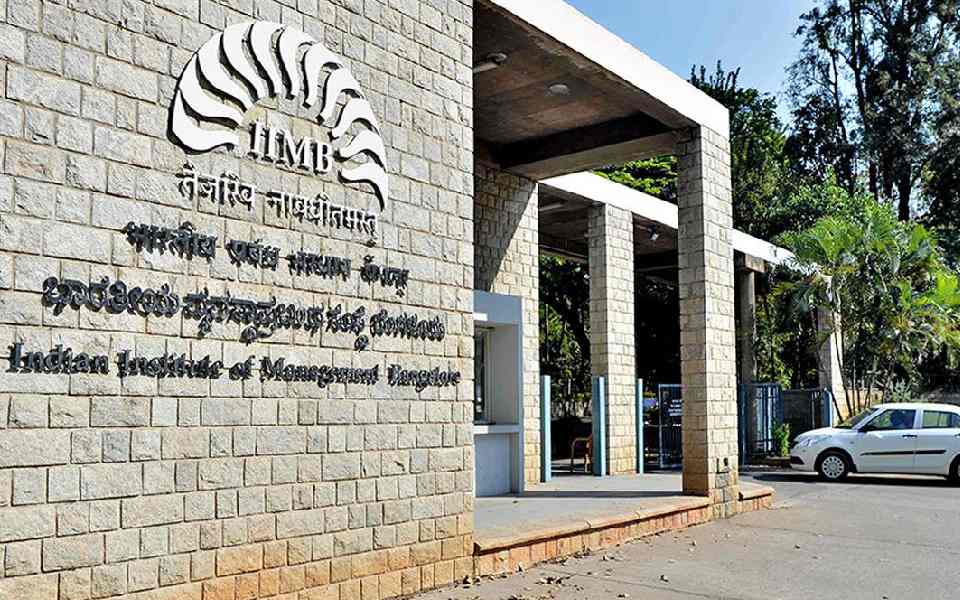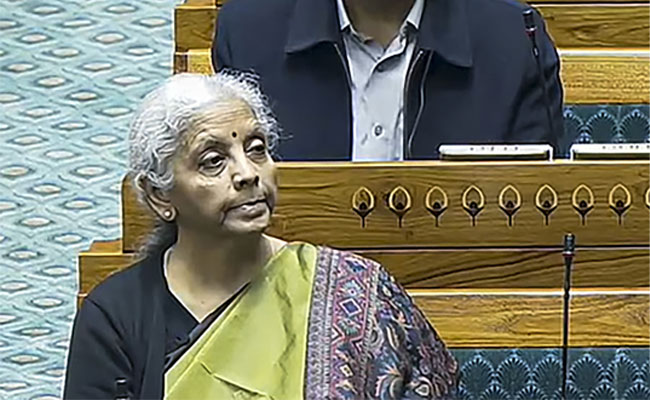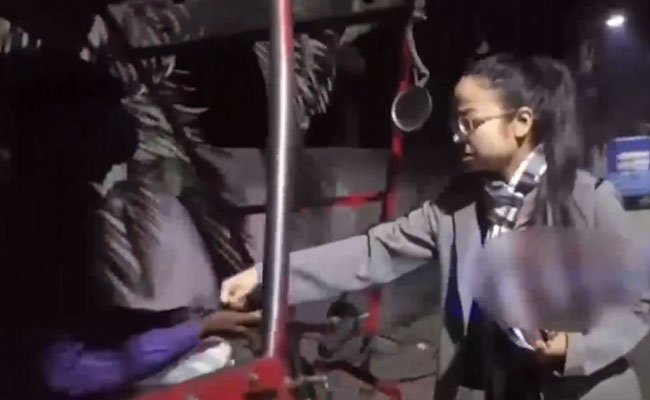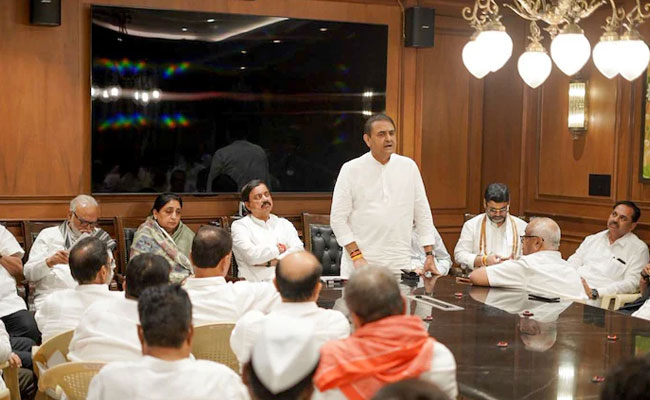Bengaluru: A study has revealed that Dalit business owners in India earn, on average, 16 percent less than other business owners, including those from other disadvantaged communities. This income gap can be solely attributed to caste, according to the research paper titled ‘It’s not who you know, but who you are: Explaining income gaps of stigmatized-caste business owners in India’, which was published earlier this week in the research journal PLOS One.
The study by researchers from India, the UK, and Australia found that social capital—a measure of "whom you know," often considered beneficial in various situations, including business—did not significantly improve the incomes of Dalit business owners.
The study employed three analytical techniques, all yielding similar results: there is a 15 to 18 percent income gap between Dalit business owners and others, which can be attributed solely to caste and not other factors like whether they live in urban or rural areas, their education, family background, or land ownership, according to Prateek Raj, an assistant professor at the IIM-Bangalore and lead member of the research team, as noted in the Telegraph.
The analysis revealed that business owners from other disadvantaged groups, such as Other Backward Classes, Scheduled Tribes, or Muslims, benefited from social capital, suggesting that those with more social capital had higher income levels. However, for Dalits (Scheduled Castes), social capital had a much smaller impact, amplifying income disparities compared to others with the same levels of social capital.
Hari Bapbuji, co-author of the paper and a professor at the University of Melbourne, noted that this is due to the stigma associated with Dalits, which affects them personally and is reinforced in social interactions.
Moreover, the study found that human capital, measured by the number of years of school or college education, provided similar income benefits to Dalit business owners as it did to other business owners. Thomas Roulet, an associate professor at the University of Cambridge and the study’s third collaborator, explained that this implies having social capital, or a network, is not as effective as having education in countering stigma.
Experts estimate that Dalits constitute between 250 million and 300 million of India’s 1.4 billion population. This research claims to be one of the first to quantify the impact of caste on business income. While the researchers had expected the effect of social capital would limit stigmatisation, the results showcased that it actually makes stigmatisation even more damaging. Raj stated that the stigma faced by Dalits might not always be explicit discrimination but could result from ingrained attitudes or biases, potentially practiced unconsciously.
Let the Truth be known. If you read VB and like VB, please be a VB Supporter and Help us deliver the Truth to one and all.
Vittla (Dakshina Kannada): A case has been registered at the Vittla Police Station against a school teacher on charges of seriously assaulting a student with a cane at an English-medium school in Idkidu village here near Vittla in Dakshina Kannada district.
According to the complaint, the student, who attends the school regularly, had gone to school as usual. Around 2 pm, the child’s parents received a call from the school office stating that their child had allegedly disturbed other students. The school informed them that when the teacher scolded the student over the issue, the child became frightened and urinated, and the parents were asked to come and take the child home.
The parents reportedly told the school staff that no one was at home at the time and requested that the child be sent home in an autorickshaw.
After returning home, the student told the parents that a teacher identified as Istikaar had beaten him severely on the hand with a cane. The child also said that he urinated out of fear while the assault was taking place.
When the parents contacted the teacher over the phone to question him about the incident, he allegedly responded in a dismissive manner.
Following this, the parents lodged complaints with the Vittla Police Station and the Child Development Project Office, seeking justice and strict action against the teacher for allegedly assaulting the child without any valid reason.
Police have registered a case against the teacher and have taken up further investigation.





